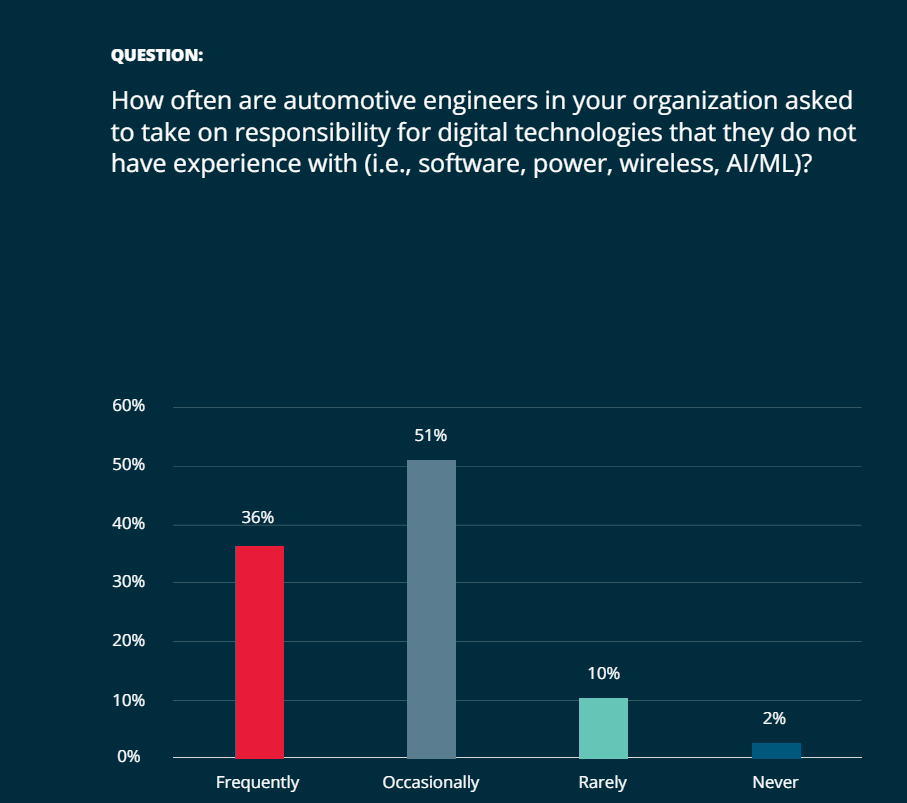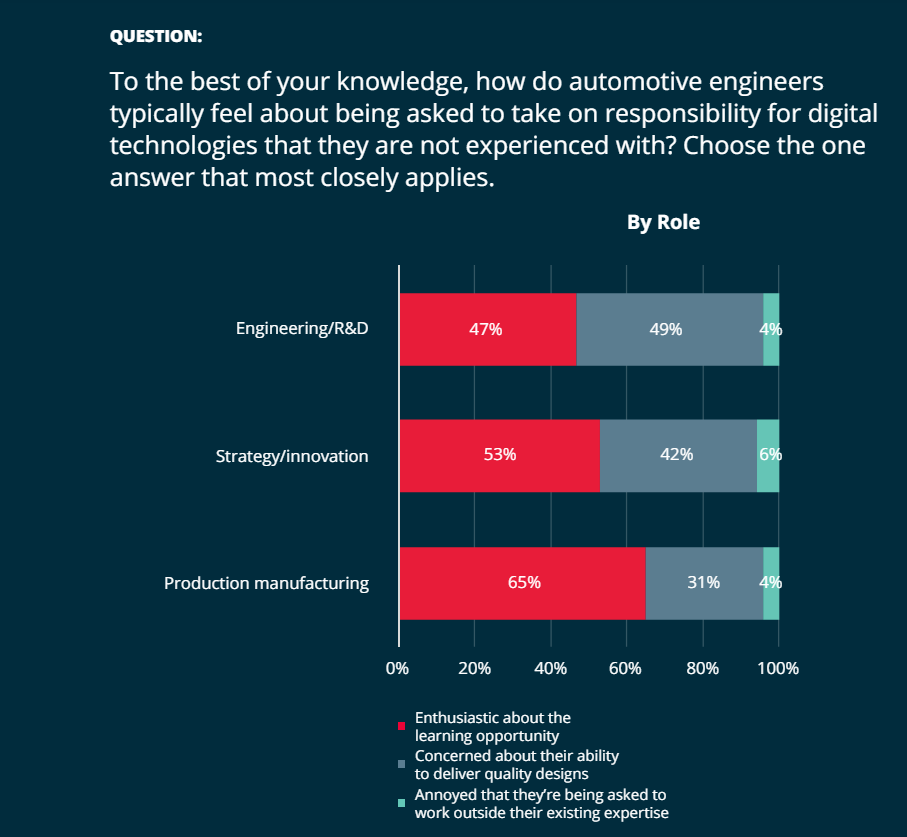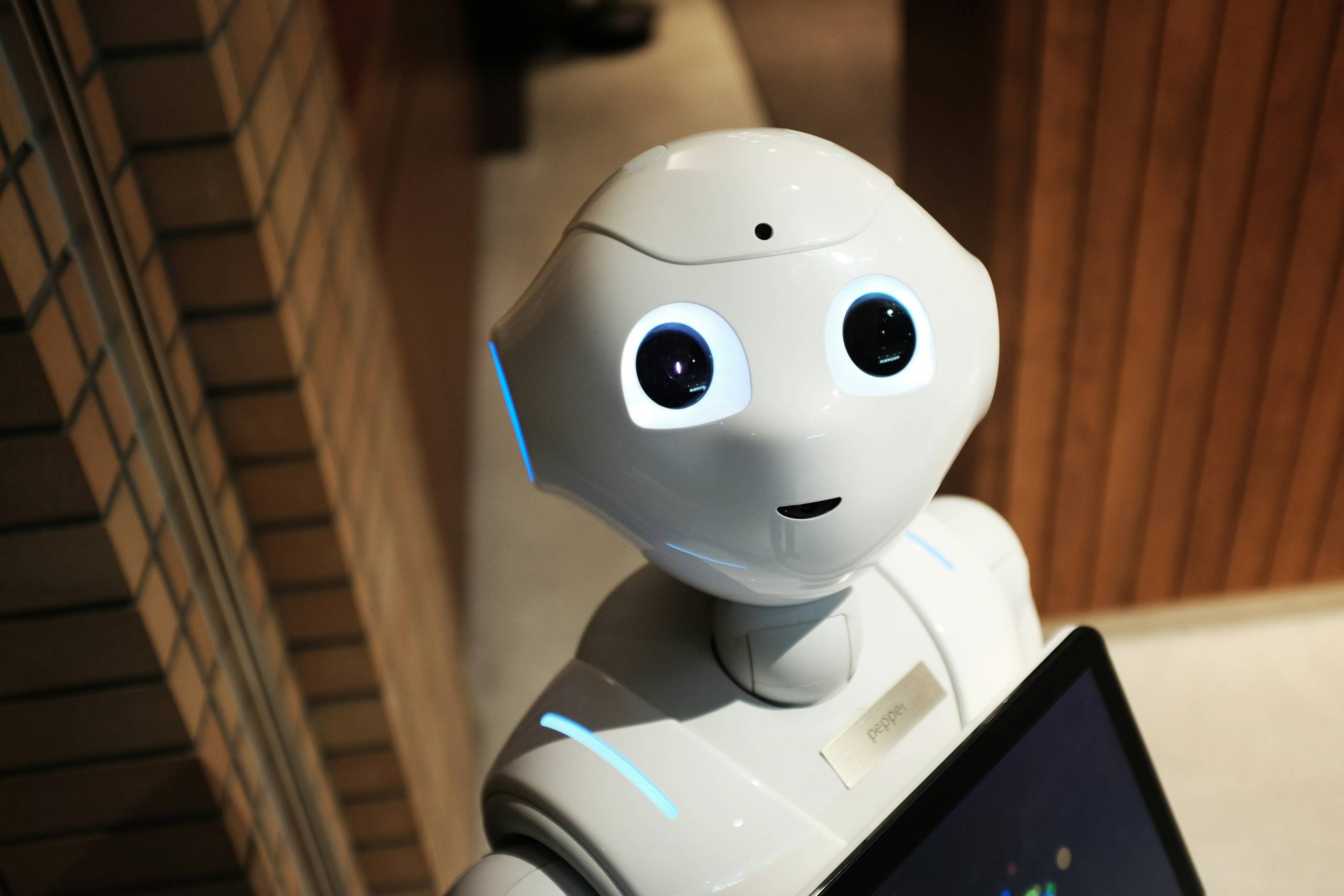The automotive industry is in a state of constant change, driven by the rapid evolution of market demand, technological advancements, and environmental regulations. From the perspective of workers operating in automotive plants, these changes present both challenges and opportunities. This article offers an inside view of how employees perceive and manage transformations in their work environment.
Adapting to New Technologies
The introduction of advanced technologies, such as robotics, artificial intelligence (AI), and additive manufacturing, has radically transformed automotive manufacturing. For workers, this means significant changes in their roles and responsibilities.
Training and Continuous Learning: Adopting new technologies requires constant training for employees. While this can be seen as an additional burden, it also offers the opportunity to acquire valuable skills and advance in their careers. Thanks to some Data Center on Wheels reports and our experience in the sector we can see a highlight in the urgent need to stay up-to-date with new technologies to be as competitive, if not more so, than competitors. We are in an era of transformation where it is essential not only to advance but to adapt to the new technologies that enable the speed to which we are accustomed.

Automation and Job Security: While automation improves efficiency and precision, it also raises concerns about job security. However, many workers recognize that these technologies can improve working conditions by reducing repetitive and hazardous tasks.
Implementing Lean and Just-In-Time (JIT) Methodologies
The production philosophies of lean and Just-In-Time are fundamental for managing fluctuating demand without generating waste or excessive inventories.
Efficiency and Work Pressure: These methodologies increase efficiency but can also intensify pressure on workers to maintain high levels of productivity and precision. Some employees may feel overwhelmed by the constant need to improve and adapt.
Collaborative Work Environment: The implementation of lean manufacturing and JIT fosters a more collaborative work environment. Employees often work in teams to identify and solve problems, which can strengthen team spirit and job satisfaction.
Resilience in the Supply Chain
The need for a resilient supply chain is more crucial than ever due to frequent disruptions and rapid changes in demand.
Flexibility and Adaptability: Workers in plants must be extremely flexible and adaptable to handle unexpected changes in production. This rapid response capability can be a source of professional pride.
Problem-Solving Skills: As mentioned earlier, the imperative need for modernization and adaptability reaches automotive plants where many workers, knowing that the option is to adapt or perish, welcome the opportunity for learning and curiosity about changes that will improve their quality of life in numerous physical aspects.

Human Problem-Solving Ability: While automation is necessary to meet market demand, we must not forget the human ability to solve problems quickly when supply chain interruptions occur. This is highly valued. Employees will have more time to find effective solutions in times of crisis or in critical parts of the process, without needing to focus on repetitive tasks, as machines handle these, allowing humans to tackle bigger challenges in day-to-day operations.
Conclusion
From the workers’ perspective, the constant changes in automotive manufacturing present both challenges and opportunities. The ability to adapt to new technologies, implement efficient methodologies, build resilient supply chains, and respond to the demand for customization is crucial. While these changes can generate stress and pressure, they also offer opportunities for personal and professional growth. Ultimately, flexibility, continuous learning, and collaboration are key for employees to thrive in the dynamic environment of the automotive industry.





